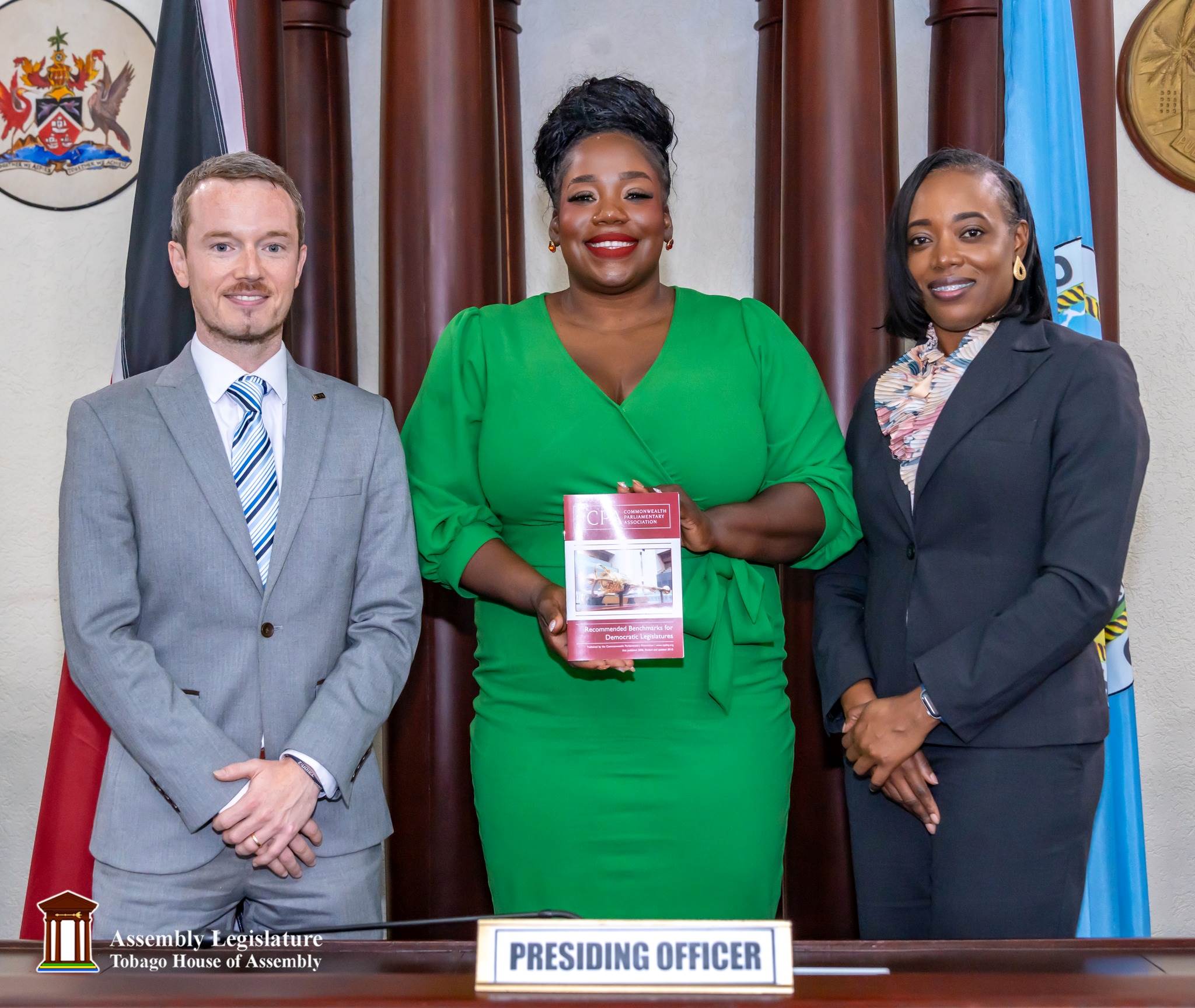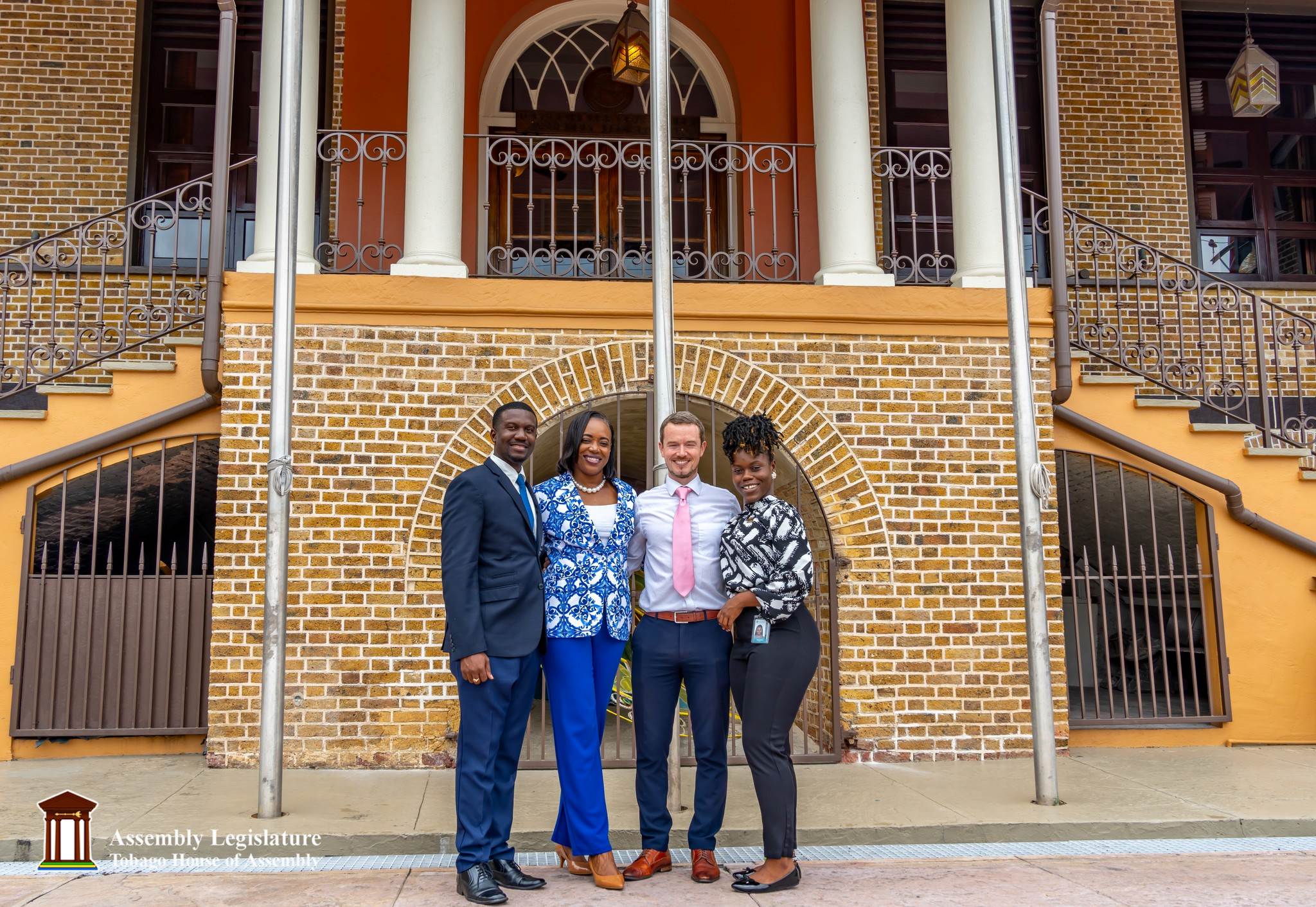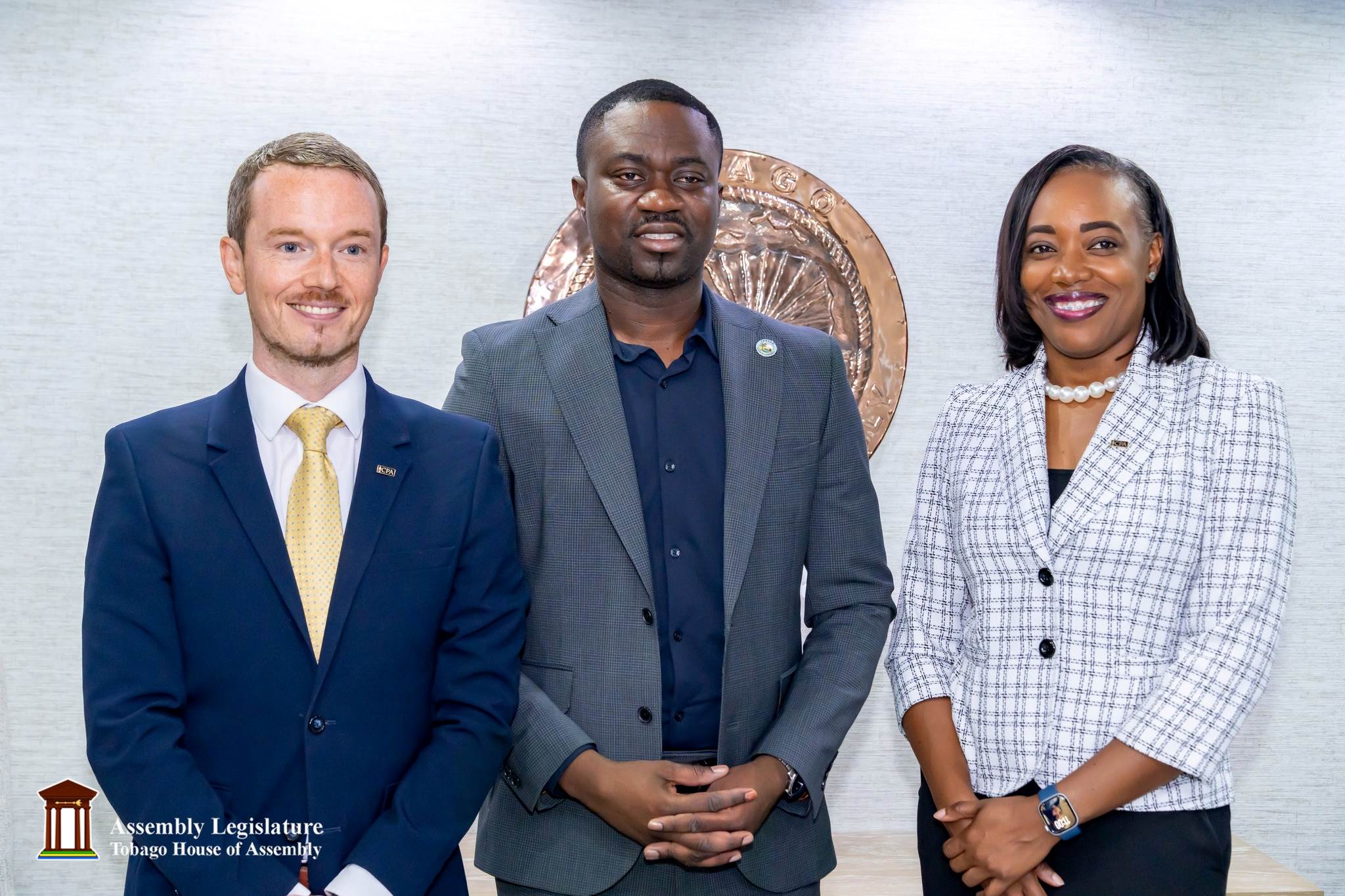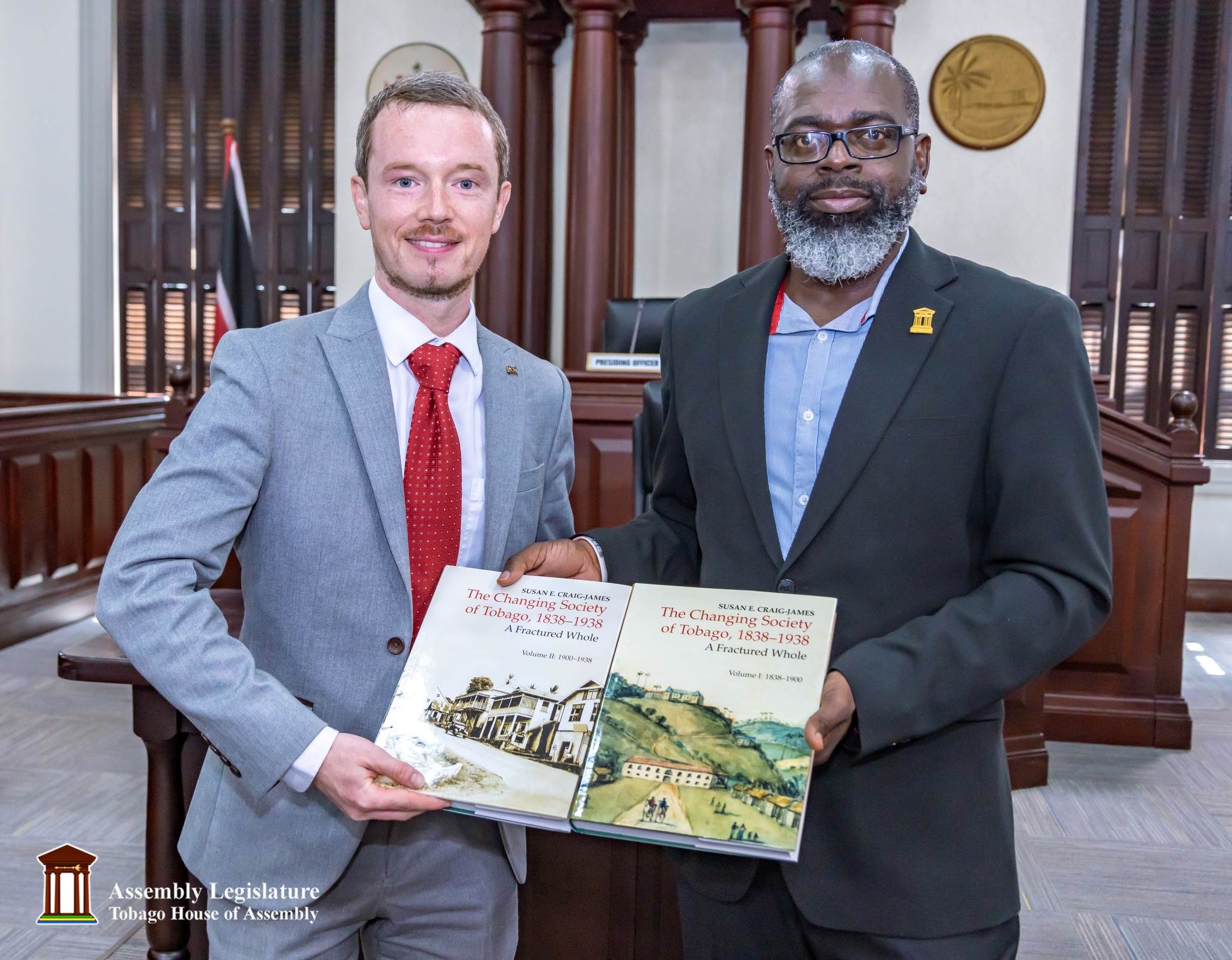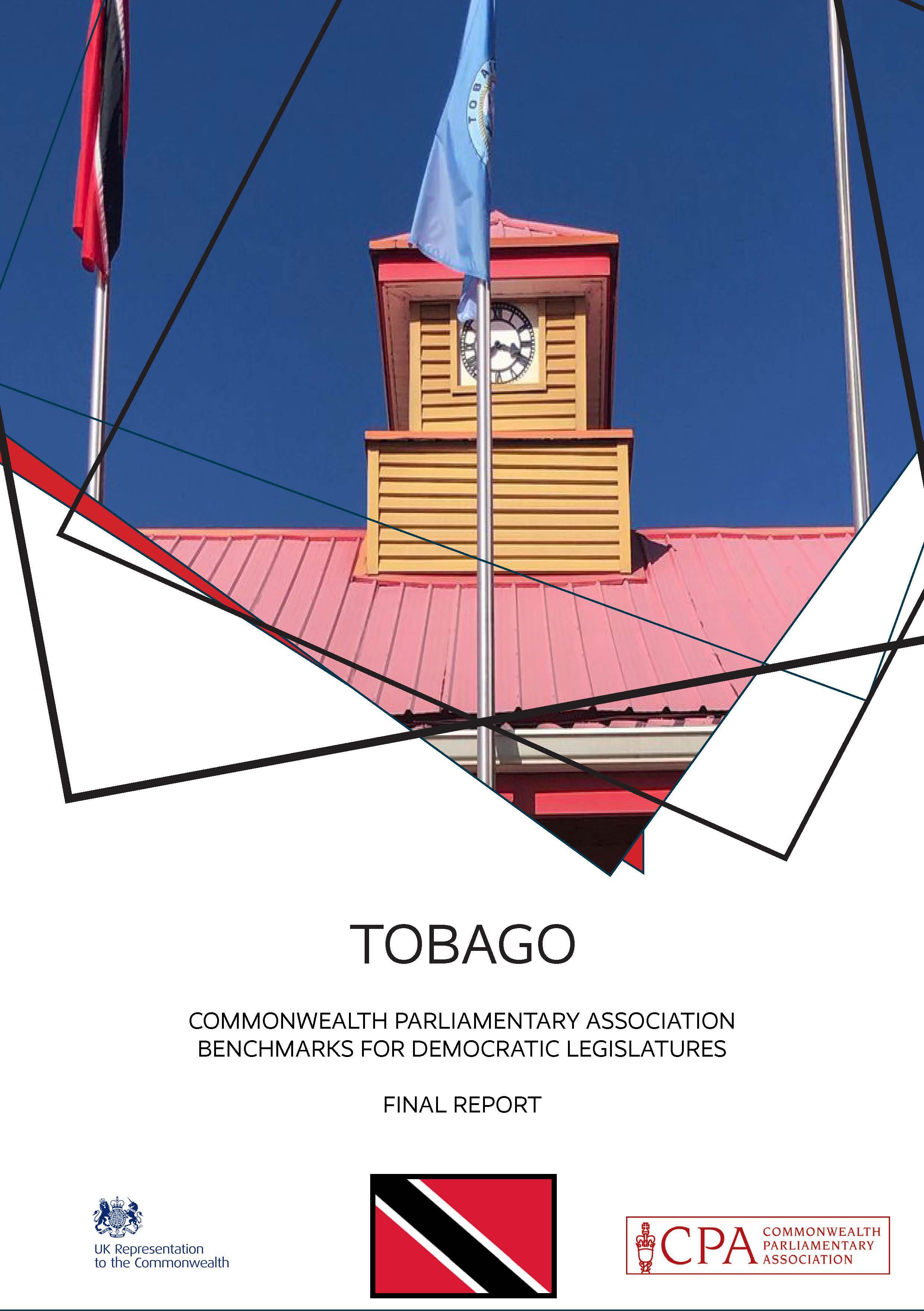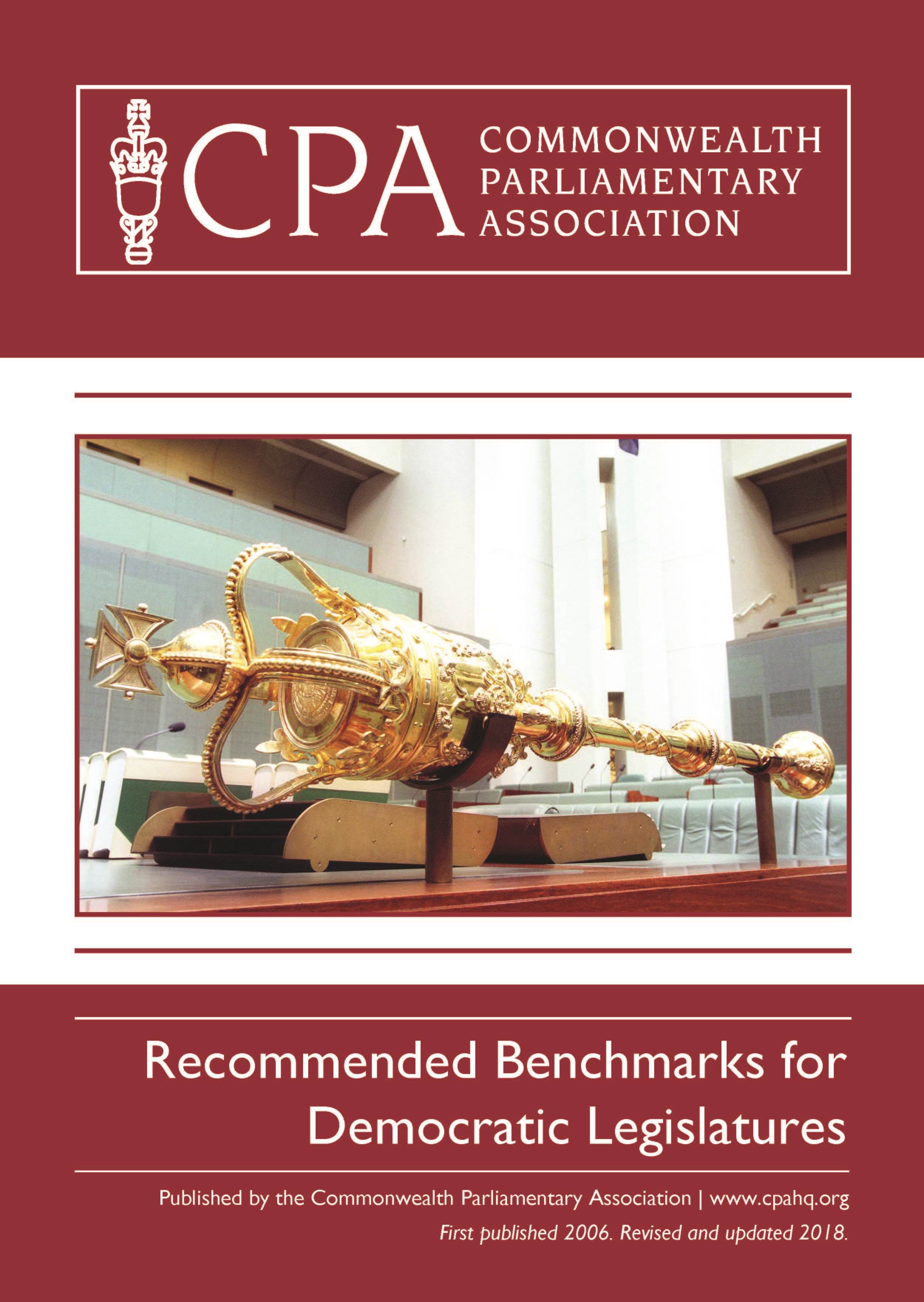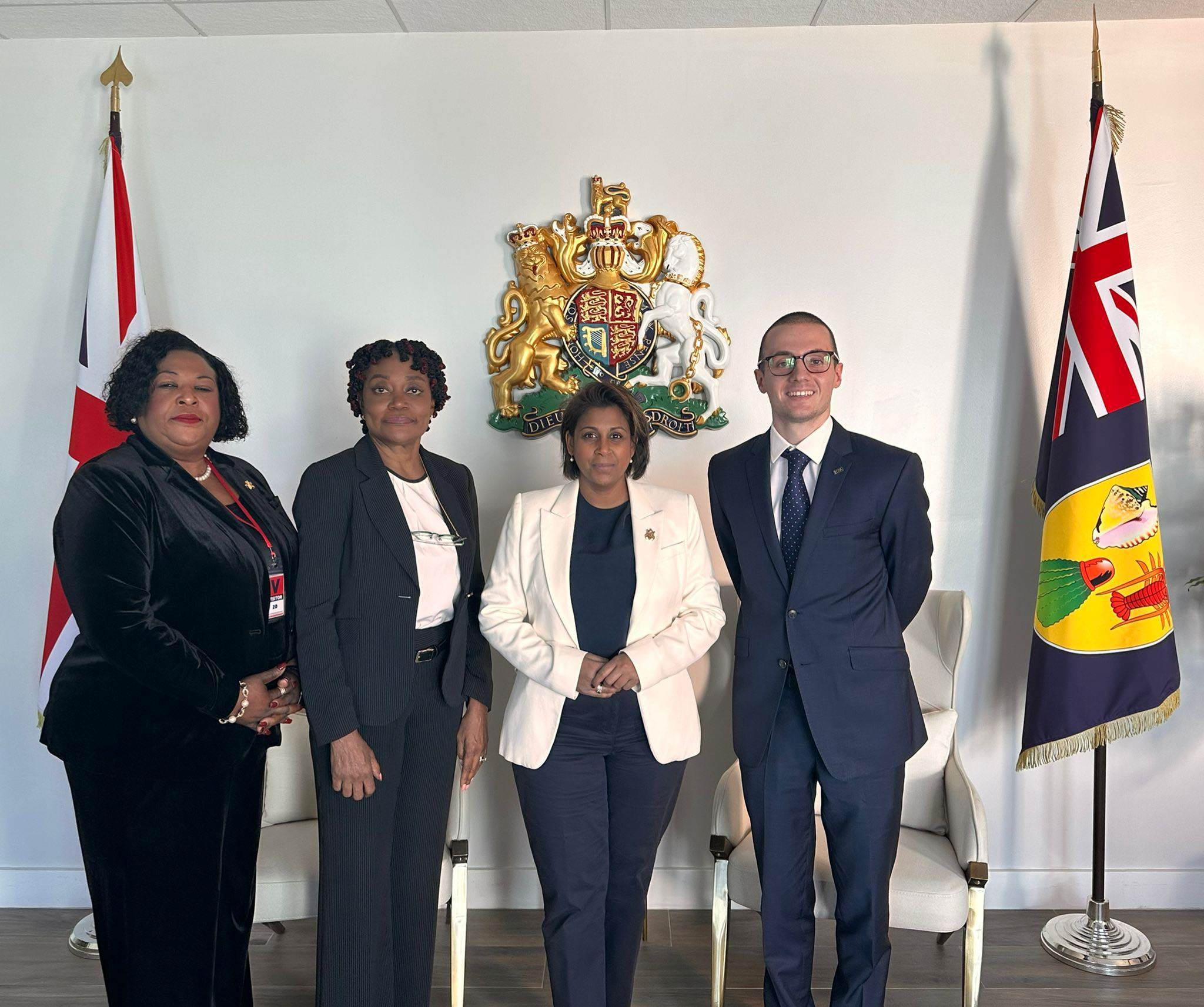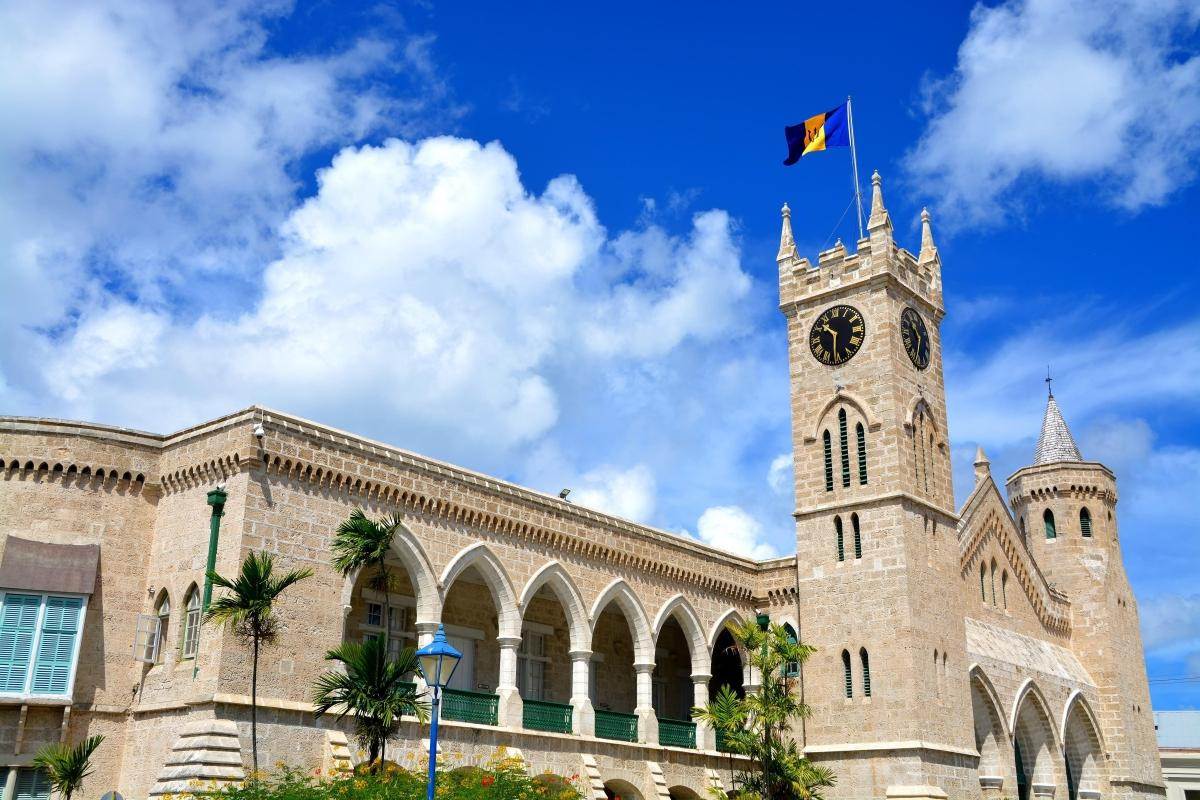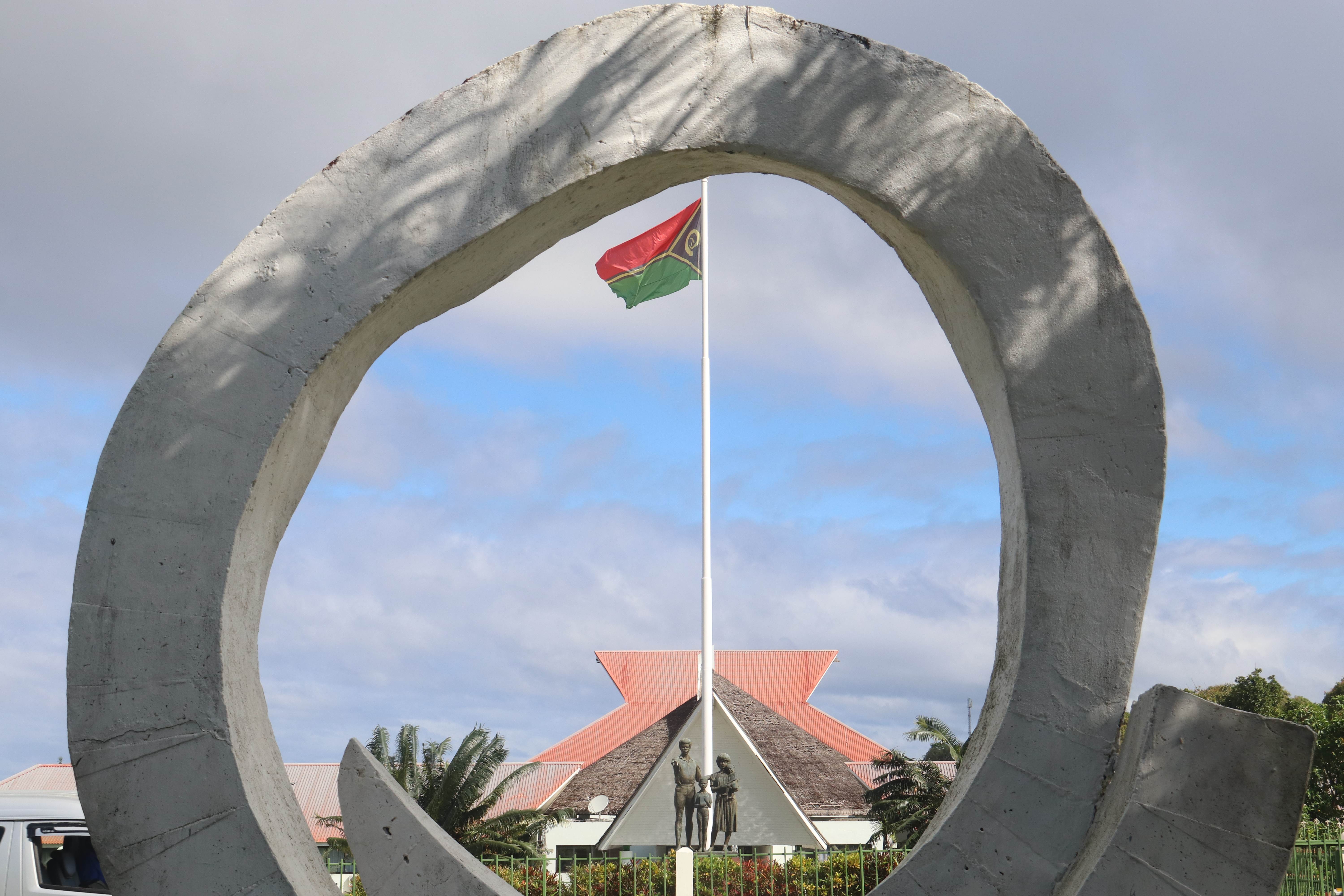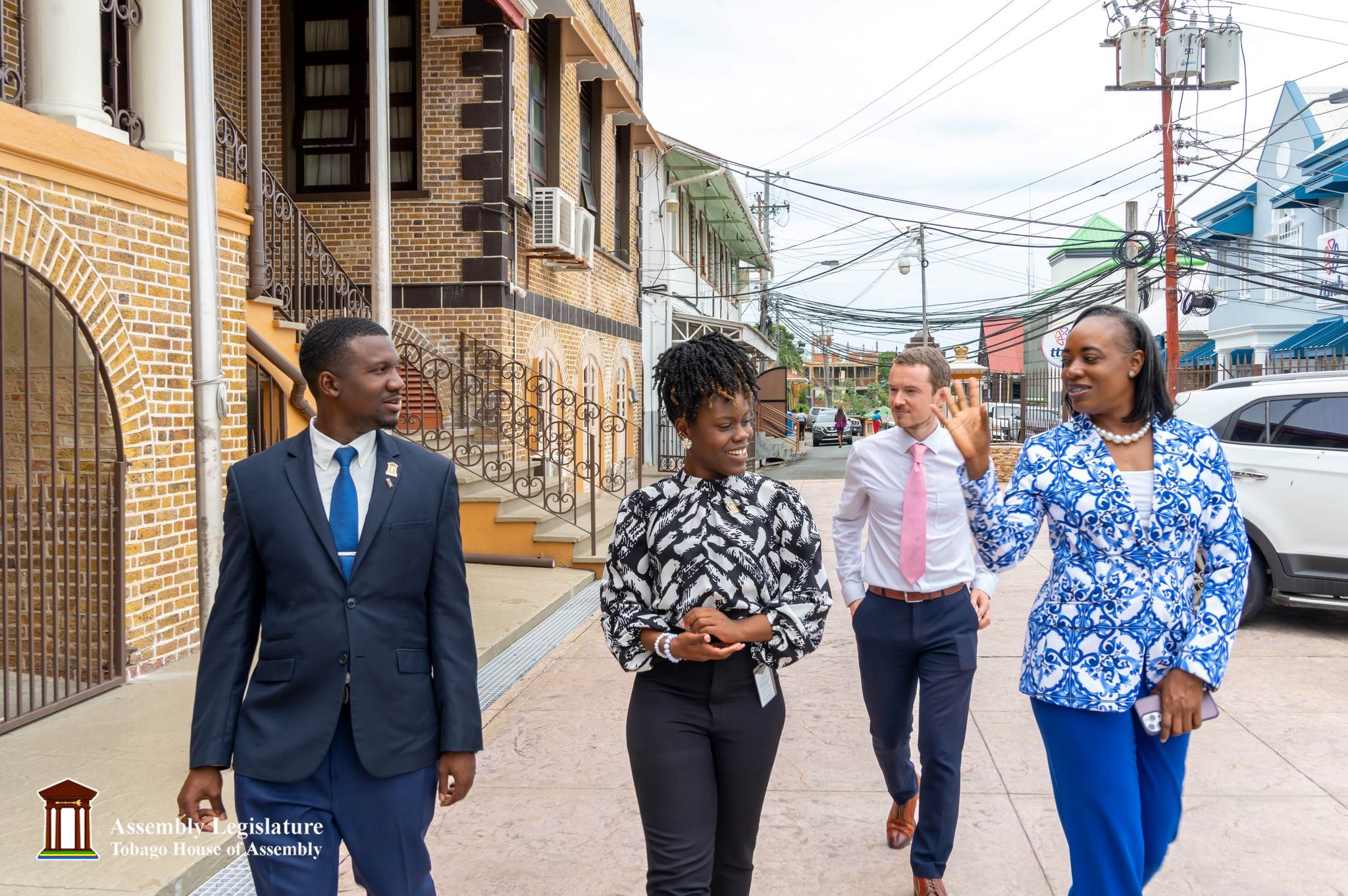
Tobago House of Assembly undertakes CPA Recommended Benchmarks Self-Assessment
A delegation from Commonwealth Parliamentary Association International Headquarters met with the Tobago House of Assembly this week as part of a CPA Recommended Benchmarks self-assessment exercise. The CPA’s Recommended Benchmarks for Democratic Legislatures provide a framework for excellence in Commonwealth parliamentary and legislative practice and were updated in 2018 to include the UN Sustainable Development Goals (SDGs), in particular SDG16 on strong and sustainable democratic institutions. In recent years, 39 Commonwealth Parliaments have undertaken Self-Assessments against the CPA Recommended Benchmarks.
As part of their visit, the CPA delegation met with the Tobago House of Assembly’s Presiding Officer, Ms Abby Taylor, as well as wider Members and staff. The CPA team also held discussions with Tobago’s Chief Secretary, Hon. Farley Chavez Augustine, and a range of other stakeholders including representatives of Tobagonian civil society and media personnel.
Speaking about the CPA Democratic Benchmarks self-assessment, the Presiding Officer of the Tobago House of Assembly, Ms Abby Taylor said:
“The island of Tobago has a legislative history that spans more than two centuries. In 1768, it established an island government consisting of a Legislative Council and a Legislative Assembly, which were responsible for making laws for the island. However, when Tobago was united with Trinidad in 1889, these institutions were dismantled and replaced by administrative systems. The legislative system was re-established with two Acts in 1980 and 1996. In law, Tobago is part of the national legislative framework, as outlined in the Tobago House of Assembly (THA) Act. According to its provisions, Assembly Bills are required to pass through the national Parliament in order to become Assembly Laws. In practice, while Assembly Bills are drafted, the authority to enact legislation ultimately resides with the national Parliament of Trinidad and Tobago.
The Commonwealth Parliamentary Association (CPA) Benchmark exercise will provide both the Tobago House of Assembly and the national Parliament of Trinidad and Tobago with an internationally recognised and objective review of the island’s legislative system. This is especially important as the country stands on the brink of reviewing and potentially implementing reforms to the THA Act. The CPA report will offer legislators and the public a neutral assessment, supporting broader discussions on what changes should – or should not – be made to the institution."
The CPA Democratic Benchmarks self-assessment was undertaken by the Clerk to the Houses of Parliament of Jamaica, Colleen Lowe and CPA’s Good Governance Project Manager, Fraser McIntosh.
UPDATE (October 2025): CPA Benchmarks Report for the Tobago House of Assembly
Following the visit, a final Outcomes Report has been published with recommendations for reform to strengthen parliamentary institutions in Tobago. The Outcomes Report will play an important role in developing the effectiveness of the Parliament and contribute to its implementation of the UN Sustainable Development Goals (SDGs).
Read the Outcomes Report
The CPA self-assessments are usually followed by Technical Assistance Programmes which could involve updating the Legislature’s Rules of Procedure, delivering training for Members and parliamentary staff, or developing corporate policies and multi-annual strategic plans.
To find out more about our work please email hq.sec@cpahq.org. The CPA's Recommended Benchmarks for Democratic Legislatures are also available to download from the CPA website.
- ENDS-
The Commonwealth Parliamentary Association (CPA) is an international community of 180 Parliaments and Legislatures working together to deepen the Commonwealth’s commitment to the highest standards of democratic governance. Founded in 1911, the CPA brings together Members of Parliament and parliamentary staff to identify benchmarks of good governance and implement the enduring values of the Commonwealth. It offers a vast opportunity for Parliamentarians and parliamentary staff to collaborate on issues of mutual interest and to share good practice.

